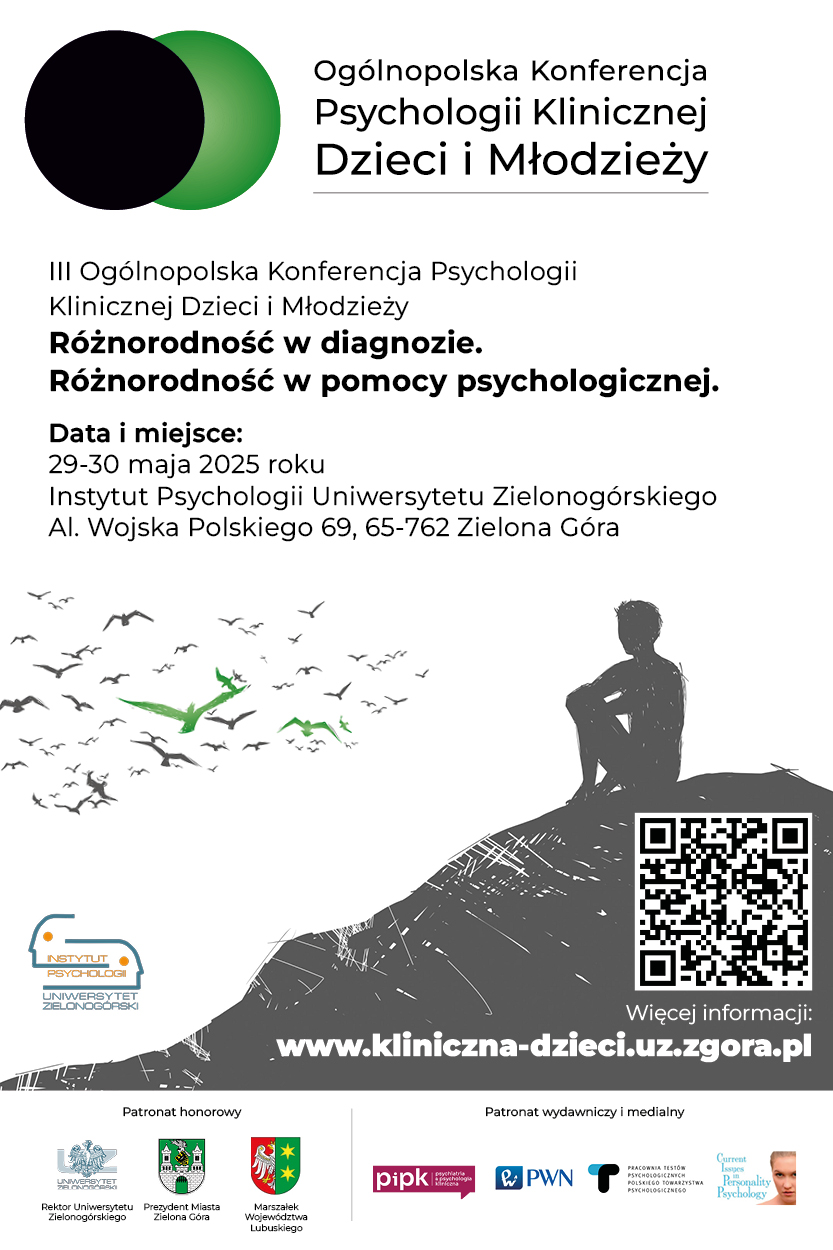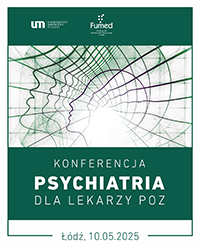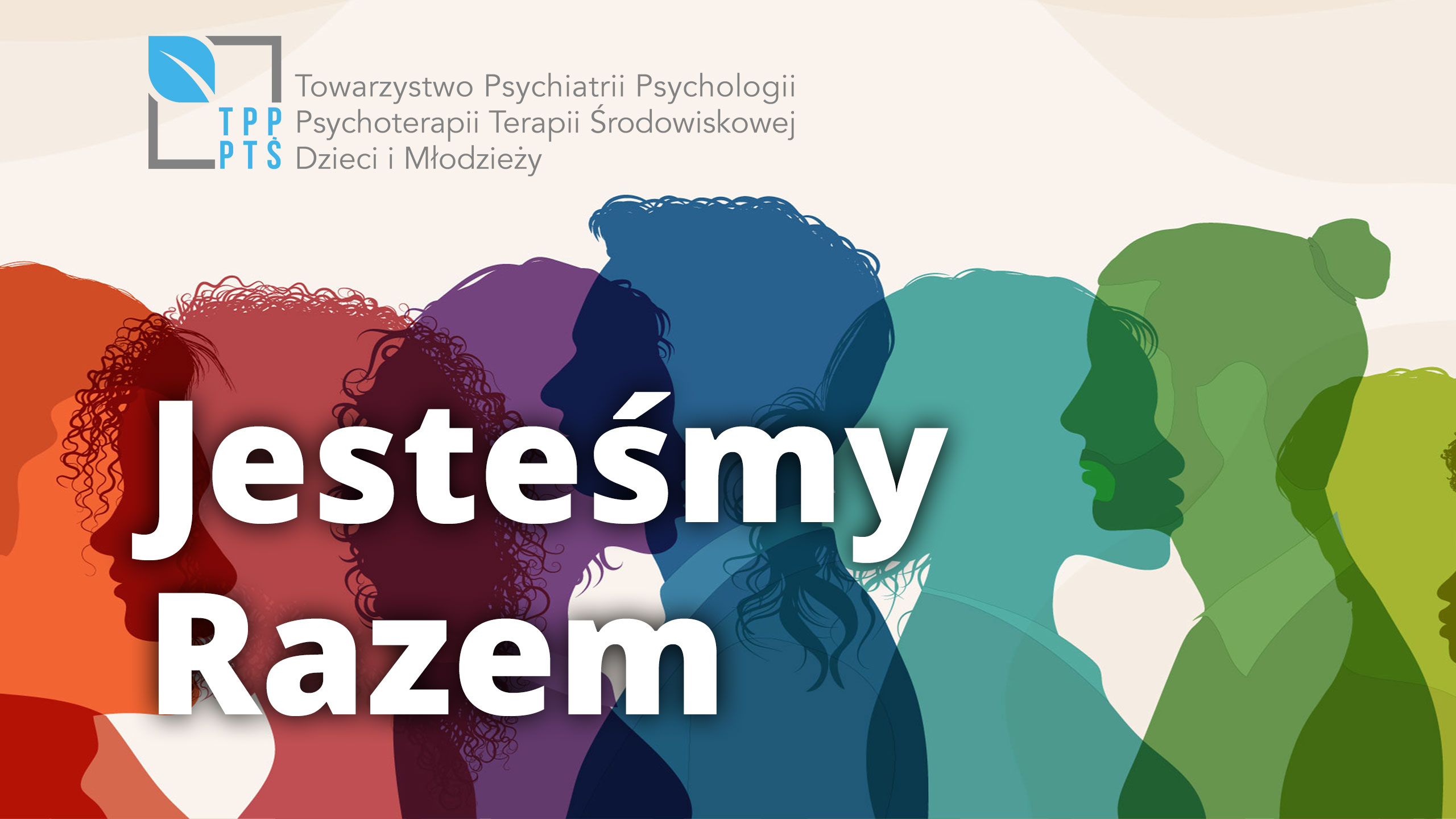Cognitive reserve as a factor determining the level of cognitive functions in adults: a preliminary report
Ewa Małgorzata Szepietowska
 Affiliacja i adres do korespondencji
Affiliacja i adres do korespondencjiIntroduction: Cognitive resources (cognitive reserve) are defined as the knowledge and skills acquired in the course of life which may delay the cognitive decline associated with age and defer, modify or retard the development of dementia. Cognitive reserve is the effect of education, physical and social activity and multiple other factors, both modifiable and non-modifiable. A more substantial cognitive reserve can play a protective role for executive processes and memory in the late stages of adulthood. Aim of the study: The aim of the study was to a) establish whether cognitive reserve determines the level of cognitive abilities in adults and b) determine the relationships between cognitive reserve, severity of depression and cognitive abilities. Material and methods: The study included 120 adult individuals. The Wechsler Adult Intelligence Scale-Revised (WAIS-R) subtests (Forward Digit Span, Backward Digit Span, Vocabulary), verbal fluency tests and the Montreal Cognitive Assessment (MoCA) were used to evaluate the subjects’ cognitive function. The level of cognitive reserve, severity of depression (Beck Depression Inventory-II, BDI-II) and health status (the presence of disease or lack thereof) were adopted as the determinants of cognitive ability. The result of a questionnaire concerning, among other aspects, the level of activity in different areas of life was treated as a cognitive reserve indicator. Conclusions: A higher level of cognitive reserve understood as a higher level of education, being professionally, physically and socially active, pursuing a hobby and having a sense of support, is conducive to better semantic memory, language abilities and general cognitive competence in adults. In addition, a more substantial cognitive reserve, lower severity of depression and the lack of vascular morbidity are conducive to better scores on cognitive tasks. Integrated action including cognitive reserve support, cardiovascular disease and mood management in adults/the elderly can have a protective effect on cognitive competence in late adulthood.






















